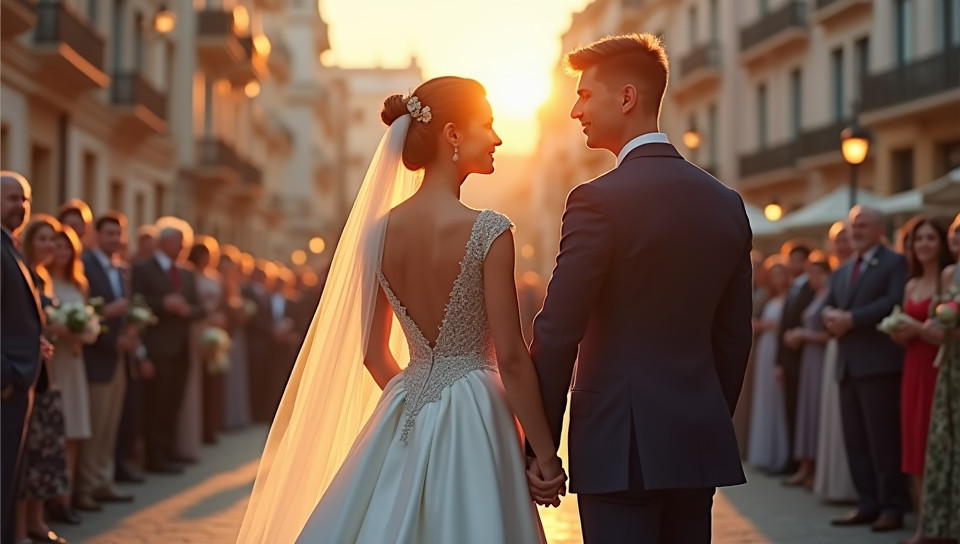Gay marriage is now recognized as a human right globally 97%

A New Era of Equality: Gay Marriage Recognized as a Human Right Globally
As we stand at the threshold of a new decade, it's hard not to feel a sense of pride and accomplishment when reflecting on the progress humanity has made in recognizing the rights of all individuals, regardless of their sexual orientation. The journey towards equality has been long and arduous, but the global recognition of gay marriage as a human right marks a major milestone in our collective quest for justice and compassion.
A Brief History of the Struggle
The fight for LGBTQ+ rights has been ongoing for decades, with individuals and communities around the world facing persecution, marginalization, and violence simply because of their sexual orientation or gender identity. However, in recent years, there has been a significant shift in public opinion and government policies towards greater acceptance and inclusion.
Key Developments Leading to Global Recognition
- The Netherlands became the first country to legalize same-sex marriage in 2001
- Canada followed suit in 2005, with Argentina and Portugal also legalizing gay marriage in the following years
- In 2013, the US Supreme Court ruled that the Defense of Marriage Act (DOMA) was unconstitutional, paving the way for state-by-state recognition of same-sex marriages
- The European Union introduced its first comprehensive anti-discrimination directive in 2000, which included protections for LGBTQ+ individuals
What Does Global Recognition Mean?
The global recognition of gay marriage as a human right sends a powerful message to marginalized communities around the world: you are seen, you are heard, and you deserve equal treatment under the law. This milestone marks not only a victory for LGBTQ+ individuals but also a step towards creating a more inclusive and compassionate society for all.
The Future of Equality
As we celebrate this major achievement, it's essential to acknowledge that there is still much work to be done. LGBTQ+ individuals continue to face discrimination, violence, and marginalization in many parts of the world. However, with growing public support and increasing recognition from governments around the globe, we can expect continued progress towards a more just and equitable society.
Conclusion
The global recognition of gay marriage as a human right is a beacon of hope for marginalized communities worldwide. It represents a significant step forward in our collective quest for equality, justice, and compassion. As we look to the future, let us continue to push for a world where all individuals can live freely, without fear of persecution or marginalization. The fight for LGBTQ+ rights is far from over, but with persistence and determination, we can create a brighter, more inclusive future for all.
- Created by: Yǔzé Ko
- Created at: Sept. 9, 2024, 9:19 p.m.
- ID: 8957